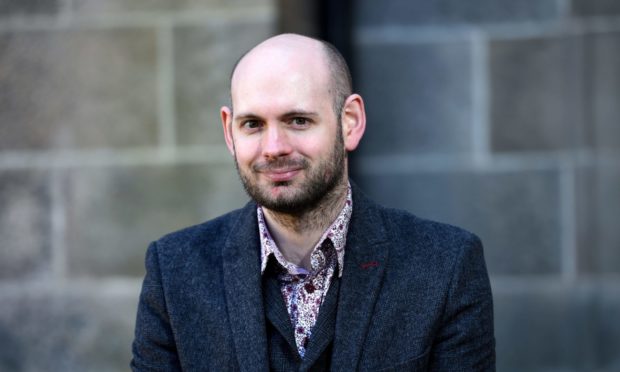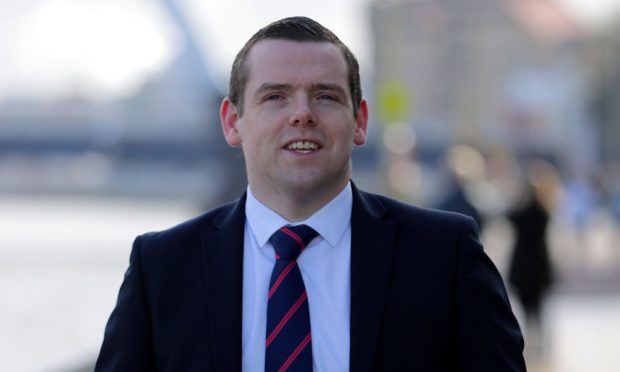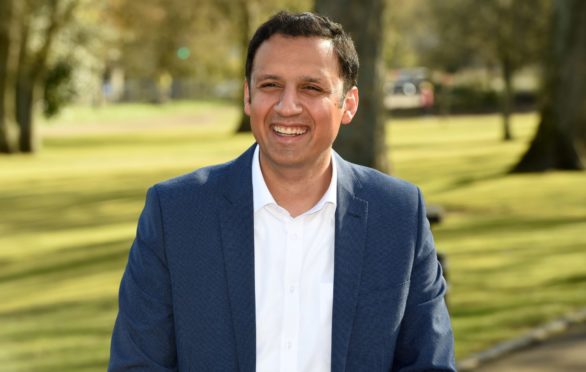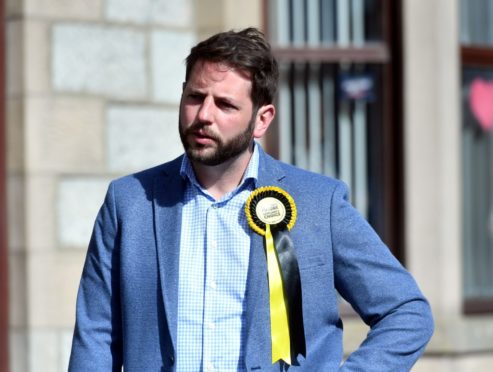Voters in the north-east still see the constitution as the biggest issue ahead of this week’s election, according to a leading professor.
The vote to decide the makeup of the next Holyrood Parliament is widely seen as one which will be decided based on the question of independence – despite pleas from some quarters for other issues to be brought into sharper focus.
The SNP have pledged to hold a second referendum in the first part of the new term if they are re-elected, while the Conservatives have vowed to prevent one.
Tory leaders have based their campaign around stopped a second vote on whether Scotland should go it alone, and have accused the SNP of focusing on independence above all else.
Constitution ‘entirely dominant’
However, Professor Malcolm Harvey, a teaching fellow in politics at Aberdeen University, believes it actually suits the Conservatives for the issue to be in the public eye.
“The constitution is entirely dominant,” he said.
“The opinion polls show it is the key issue and it’s the main dividing factor.
“In a paradoxical way it’s actually the Conservatives who talk about it a lot more than the SNP.
“There’s less of a Conservative vote in Scotland, and we have seen that over the last 20 years or so. However, what has happened is the unionist vote has increased, and they have become synonymous with the defence of the union.
“It is good politics for them to keep the issue live, and you see Douglas Ross talking about it more than the SNP do. The Conservatives benefit from that.”
Mr Harvey believes new Labour leader Anas Sarwar has had some success by putting his party above the independence debate.
Sarwar ‘new kind’ of Labour leader
However, the politics professor does not expect that to be enough for Scottish Labour to make significant gains in the north-east.
“The interesting thing about this election is the strategy Labour have taken, and in particular Anas Sarwar, because he is a new kind of Labour leader,” Mr Harvey said.
“He has tried to get Labour not to take a position on a referendum. People know they are a unionist party and don’t want a referendum in the coming years, but what he has tried to do is position them as being above the fray, and he’s done that with some success.
“His position is Labour are the only party that cares about the other issues, and it’s really interesting to see they have got some traction by doing that.
“I am interested to see how successful that is as a strategy for Labour. However, the constitution is the only game in town.
“When you ask the public what they see as the key issue the constitutional question tends to be up there. It’s almost always in the top three along with health and education.
“It usually goes down constitutional lines. If you are pro-independence and pro-referendum you vote for the SNP, and if you are not you vote for the unionist parties. There are parallels with the US in terms of how divided society is.
“I don’t see that going away any time soon.”
Aberdeenshire West is a ‘knife-edge’ seat
Mr Harvey does not expect major changes in the constituencies, although the professor believes the “knife-edge” seat of Aberdeenshire West could fall to the SNP, who have a majority of just 900 to overturn to take it from the Conservatives.
But if there is to be a surprise, he thinks it could come in Banffshire and Buchan Coast, where Stewart Stevenson is standing down after more than 20 years in the job.
“Even though it had a five-figure majority last time, Banffshire and Buchan Coast is one that doesn’t behave like other constituencies in the north-east,” Mr Harvey said.
“It is much more like Moray – there are a lot of farmers and fishermen, and much of the territory is in the Moray Council area.
“That would be the constituency to keep an eye on, especially because Stewart Stevenson is standing down. Karen Adam will have a little bit of name recognition, having been a councillor, but Stewart had 20 years’ worth of being an MSP behind him.
“I don’t expect it to switch though.
“Aberdeenshire West is the only one where there is realistic potential for a change. It is on a knife-edge, and at the moment I would probably lean towards the SNP taking it.”
The race for list seats
The race for list seats in the north-east is also set to be key on polling day.
In 2016, Tory candidates took four of the additional seats, Labour two and the Liberal Democrats one.
But Mr Harvey believes the Greens could pick up a seat, with polls showing they could be on track for around 7%.
Alex Salmond’s Alba party are also targeting the regional list – but despite their aim to build a pro-independence “supermajority”, the professor said it is actually in their interests for the Conservatives to hold Aberdeenshire West.
“The difficulty for Alba is they need to get about 6% of the vote, which means somewhere between 17,000 and 19,000 votes,” he added.
“It’s doable but it depends on whether the SNP win Aberdeenshire West. That would make it harder for Alba because the Conservatives would then have three list seats.
“The list vote looks like it’s going to be fairly consistent with 2016, with the only difference possibly being the Greens might well take a seat. If they keep their vote share up they would be on about 7% which would probably get them a seat.”



